FCDO Work and Opportunities for Women programme
Work and Opportunities for Women (WOW) was the FCDO-funded women’s economic empowerment programme from 2017 to 2025.
See FCDO’s Work and Opportunities for Women: programme resources created through this programme.
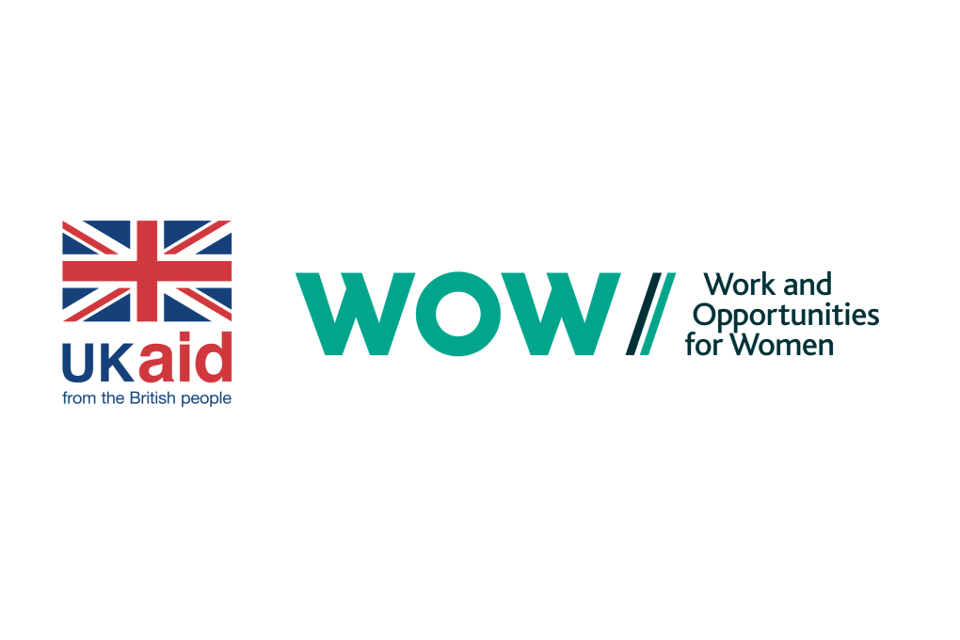
About the programme
The WOW programme was a catalyst for transformation, advancing gender equality, economic empowerment, clean energy adoption and climate resilience across several global supply chains. Through partnerships with multinational companies, WOW reshaped opportunities for women by breaking systemic barriers, increasing visibility in the workplace and positioning women as leaders in climate-smart economies.
By embedding gender-responsive business practices and sustainability-focused initiatives, the programme helped to ensure that women not only participated in supply chains, but gained influence in industries that drive economic and environmental progress in three sectors across 10 countries.
The programme was delivered by an alliance of experts at the cutting edge of women’s economic empowerment research, programme design and delivery. PwC led the alliance, working with CARE International and Social Development Direct. Business for Social Responsibility (BSR) and the University of Manchester were members of the alliance between 2017 and 2020.
What we did
1. Business partnerships in supply chains to reduce the barriers that prevent women from securing dignified, equal and economically empowering work.
WOW focused its business partnerships on the issues of gender and climate change. It worked with Waitrose to improve women’s leadership in climate smart agriculture in horticulture and fresh produce supply chains in Kenya; with Twinings to improve women’s ability to adopt climate smart agriculture using Farmers Voice Radio; and with the Ethical Tea Partnership in Malawi to ensure women tea farmers benefit from a ‘payment for ecosystem services’ approach to agroforestry. WOW also supported companies to better understand the impacts of the increase in plastics recycling on women waste pickers in Indonesia.
See more detail on these partnerships:
- Work and Opportunities for Women programme: project profile, Twinings Partnership
- Work and Opportunities for Women programme: project profile, Waitrose Partnership
- Work and Opportunities for Women programme: project profile, Ethical Tea Partnership
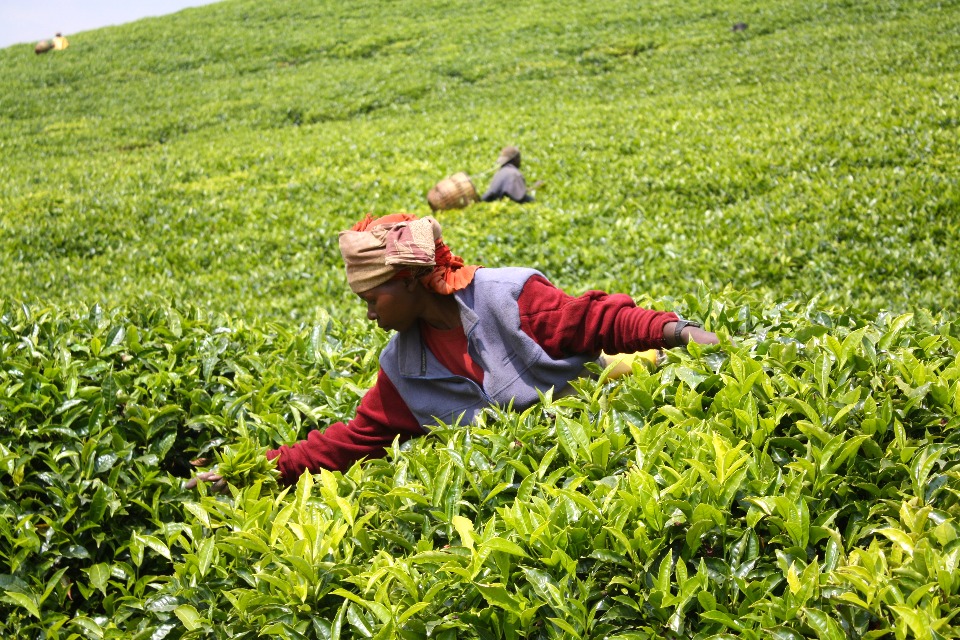
Female tea picker in field in Kenya. Photo: Business for Social Responsibility
2. Business partnerships to improve data and transparency on women’s work in supply chains
WOW partnered with several companies, conducting research on the risks and opportunities for women within their supply chains. This work focused on sectors in which women are less visible and/or their challenges are unknown. This research enabled the WOW programme to identify further opportunities for partnership.
Research was undertaken at 3 levels:
- macro-level: global supply chains
- meso-level: company supply chains
- micro-level: deep dive country supply chains
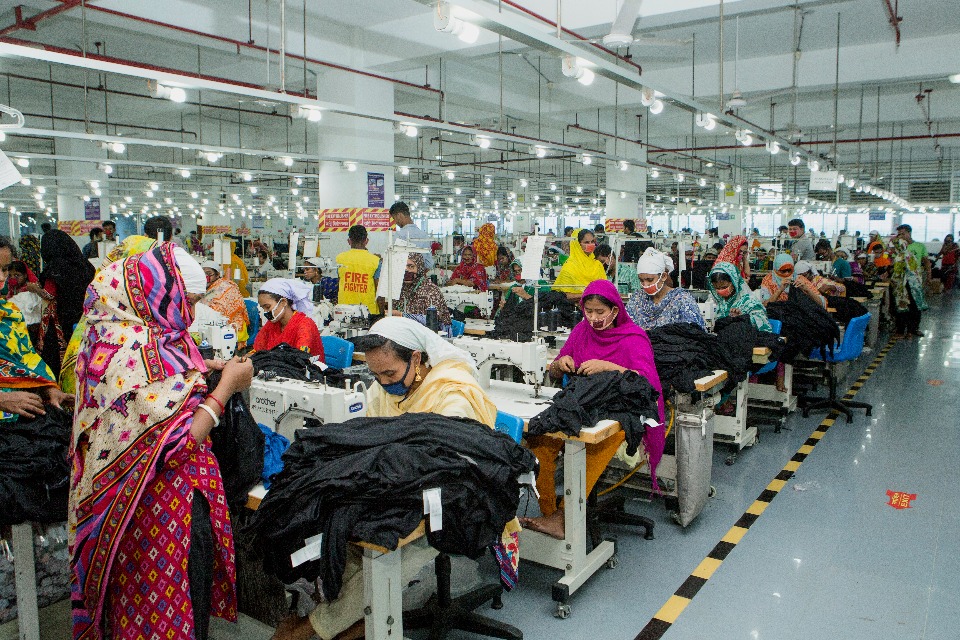
Female garment workers in a factory. Photo: Business for Social Responsibility
3. The WOW Helpdesk increased knowledge and support for delivering women’s economic empowerment
The WOW Helpdesk provided FCDO and other government departments with access to rapid technical assistance. It provided guidance on addressing women’s economic empowerment at different stages of programming. It drew from a wide pool of expertise to respond to queries from advisors across the FCDO network, and provided guidance and support on priority themes for women’s economic empowerment across FCDO’s Economic Development portfolios. These reports can all be found in the WOW resources page.
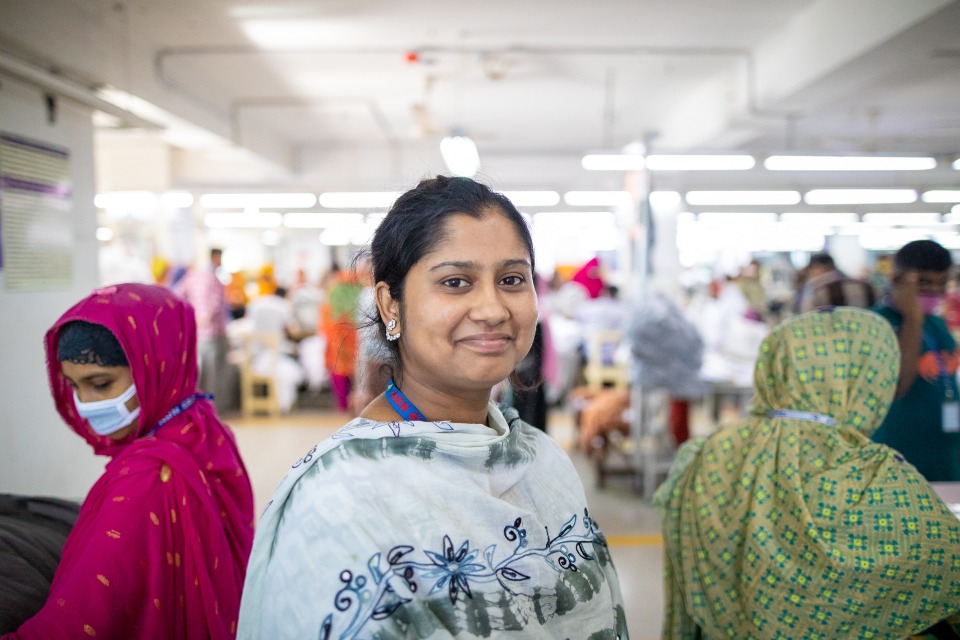
Female garment work in factory. Photo: CARE International UK
4. The WOW Fund: making progress on the Action Agenda of the UN High-Level Panel on Women’s Economic Empowerment
The WOW Fund supported initiatives which sought to progress the Action Agenda of the UN High Level Panel on Women’s Economic Empowerment (UNHLP). The £1.8 million Fund, which ended in August 2022, supported strategic initiatives which promoted long-term change in women’s economic empowerment. These initiatives demonstrated impact and contributed to global knowledge in 3 key areas:
- enhancing land tenure security
- recognising, reducing and redistributing unpaid care and work
- improving outcomes for women in informal work
Grants were awarded to the following projects:
Innovations in informal land tenure awareness, rights and security for the economic empowerment of informal women workers in Delhi and Patna (India)
The lead implementer for this programme was SEWA Bharat, alongside SEWA Delhi, SEWA Bihar, SEWA Grih Rin and the Indian Institute of Human Settlements (IIHS). The project supported women workers (home-based and domestic) living in informal settlements to increase their land tenure awareness and security, as well as their access to infrastructure services and housing finance. This led to increased economic opportunities and strengthened their individual and collective agency to advocate for change with local and municipal authorities. The learning from this project informed advocacy efforts to promote security of tenure for women in informal settlements and develop innovative finance products and services targeting informal women workers.
Accelerating national progress toward achieving equality in unpaid care and domestic work and promoting women’s economic empowerment (Rwanda and South Africa)
The lead implementer for this programme was Promundo-US, alongside Rwanda Men’s Resource Center (RWAMREC) and Sonke Gender Justice.
This project facilitated the redistribution of unpaid care work responsibilities between women and men, and increased women’s decision-making power within the domestic relationship. It focused on conducting thoughtful and consistent dialogue with individuals and institutions, questioning, challenging and changing harmful and restrictive gender stereotypes that perpetuate social and economic inequality. In Rwanda and South Africa, the partners adapted Program P, a curriculum which engages men in active fatherhood.
The project also supported government ministries and civil society actors to incorporate women’s economic empowerment initiatives into existing systems and institutions. The project produced evidence on how to ‘scale up’ approaches to redistribute unpaid care work at the household level. It also showed the links between the redistribution of unpaid care work with wider women’s economic empowerment outcomes.
Home-based workers organising for economic empowerment
The lead implementer for this programme was Women in Informal Employment: Globalizing and Organizing (WIEGO), alongside HomeNet South Asia (HNSA).
This project empowered leaders of home-based worker groups to negotiate better outcomes for their members working in precarious conditions in the garment sector. It also supported the building of alliances between home-based worker organisations and wider civil society groups working for change in women’s working conditions in the garments industry. The learning from this project built an understanding of how to develop effective negotiating strategies to improve situations for home-based women workers. The project also emphasised the importance of organising at both the national and global level to enable positive change for women.
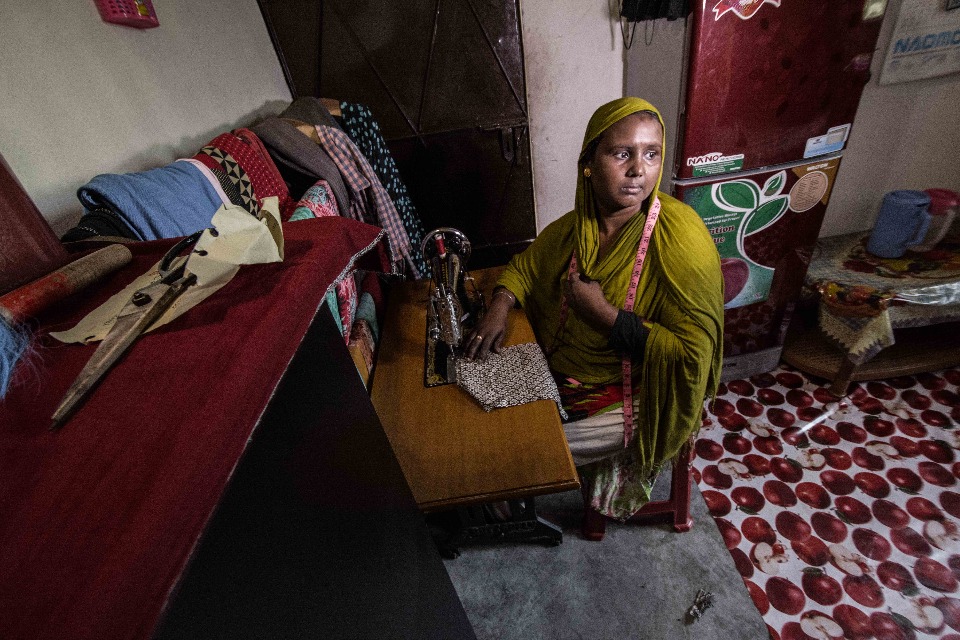
Female garment work in Bangladesh. Photo: CARE International UK
Contact
For more information on the Work and Opportunities for Women programme, contact fcdo.correspondence@fcdo.gov.uk